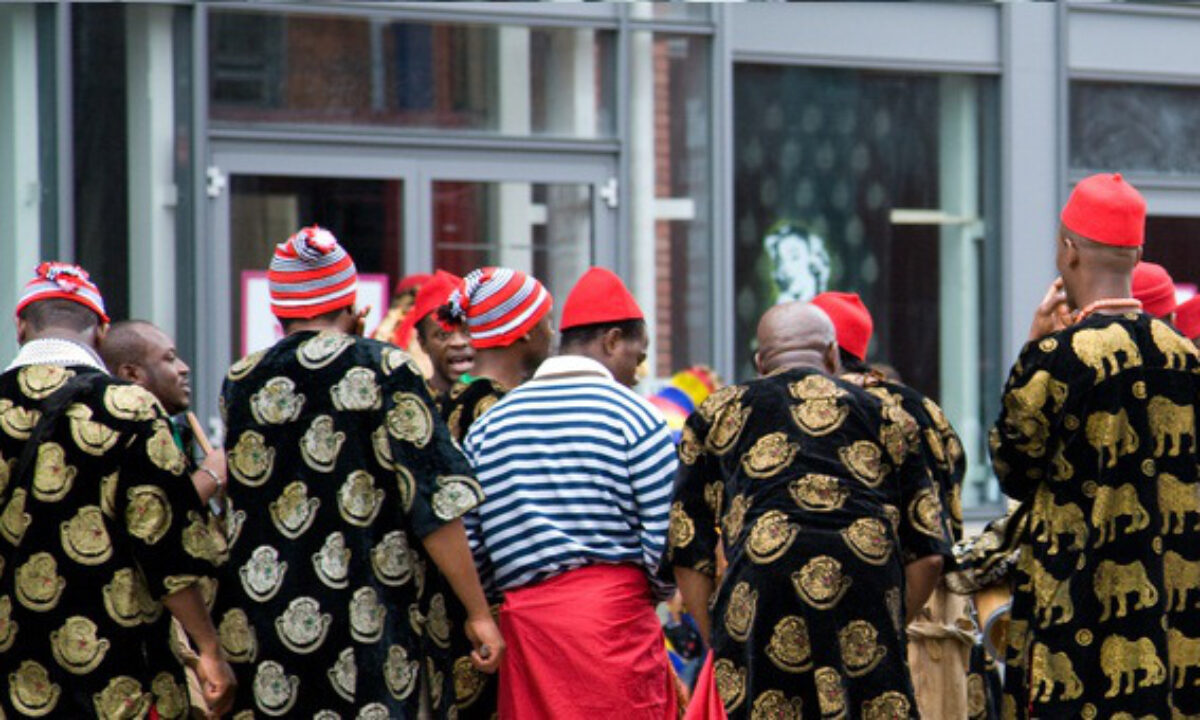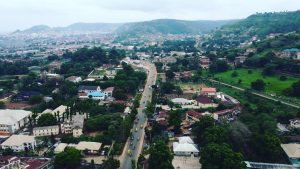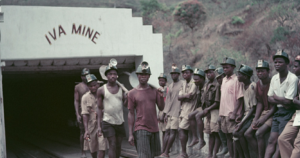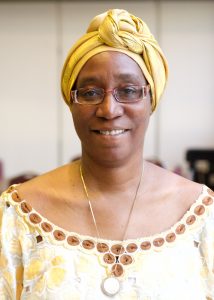
In Enugu and Ebonyi State, Nigeria, the Waawa clan of Northern Igbo land, also known as Ndi Waawa, Wawa People, is a distinctive subgroup of the Igbo people. It is made up of several communities, all of which speak the same distinctive dialect of Igbo called “Waawa”. The most noteworthy of them are the Agbaja and Ngwo, a people group that lives between the rocky valleys of Enugu and the wooded regions of Awka (the capital of Anambra State) (capital of Enugu State).
Communities in the current Ngwo clan, Udi, Ezeagu, Umulokpa, Igbo-Etiti, Oji River, larger Awgu, Odume, Ndiagbor, Nenwe, Mpu, Okpanku, and Enugu East Local Government Areas are considered to be part of the Agbaja. Nkanu, Nsukka, Abia (not to be confused with residents of Abia State), Nike, Agbani, Owo, and other Enugu State communities are notable members of the Waawa clan. The Waawa are most famously connected to Chief Onyeama’s Eke tribe, who ruled Agbaja as the paramount chieftain in the early 20th century.
How the name Waawa originated
Onyeama was born in the 1870s, the youngest of ten offsprings of a wealthy polygamist named ózö Omulu Onwusi and an only son of Chinazungwa Ijeonyeabo of the adjacent Ebe village. His father gave him his initiation into the masquerade society at age 7. This was a milestone of puberty that demonstrated the young man’s potential. Onyeama’s father passed away soon after. His mother also passed away; she was presumably poisoned for killing a man who had threatened to harm her son Onyeama.
Onyeama worked hard and established himself in business after being raised by his half-brother, Amadiezeoha Nwankwo-Onwusi. He visited well-known Aro commerce hubs including Abiriba, Arochukwu, Arondizuogu, Bende, Oguta, Uburu, etc. When the British established themselves in Eke in 1908, Onyeama was wealthy enough to purchase his way into the Ozo title society and wed Afia Nwirediagu, a local beauty, and later Gwachi Ebue.
The colonists granted Onyeama the title of “Warrant Chiefdom” of Eke. He assumed control and outlined it. In Onyeama’s eyes, he was a tyrant whose reign could not be readily disregarded. But Obi Okosi I, the monarch of Onitsha, also ruled. No Igbo king, much less the purportedly “lesser chiefs” from the north, dared to oppose the power of the Onitsha supreme monarch.
Onyeama, who saw the entire Onitsha kingdom as a sub-colonial arrangement of recent immigrants from the Benin Kingdom, gave off the early warning that the Obi of Onitsha’s reign was history turned upside down. If anything, Onyeama (the Yoruba monarch) was on par with the Oba of Benin or the Ooni of Ife. This paved the way for an impending conflict between the rulers of the Igbo peoples in the northeast (known as the Wawa) and the southwest (known as the Ijekeebé).
To welcome Captain W. Buchanan-Smith, who had just been named lieutenant-governor of the southern Nigerian provinces, at the assembly of Igbo kings in 1928, all significant kings and chiefs from the old Onitsha province, which included Enugu, and beyond gathered in Enugu. The Obi, who was meant to be the Igbo nation’s traditional monarch, naturally sat in the highest position of honor. Onyeama was incensed by the Obi’s apparent position of supreme power in his territory when he later entered with his retinue of security guards, chiefs, and Igbanküda drummers.
Onyeama gave the command to depose the ruthless King of Onitsha right away. The District Officer got involved in the incident and tried to calm Onyeama down. According to folklore, he yelled angrily, “Wa,” which is the local way of saying “No,” adding “Wa-wa!” for emphasis and to signify his immovability. ” Never!”. He turned and warned the colonial officials that the leopard would eat the man if he was still sitting in that seat when he returned. The best king in town, Onyeama, prevailed and got his way! Onyeama did not win over many friends since he was viewed as a newcomer by people who had more prolonged social interactions with the British. He was charged in the 1930s for burying an adulterous wife alive in wax! The German business that waxed the defamatory record was obliged to remove it from circulation by a court order.
This and other damaging tales of utter tyranny, wife-snatching, and even murder have never really been fully expunged from the Onyeama folklore. His followers gave him a mix of admiration and awe. Generations of people still revere this great monarch because his secret police, which was made up of hand-selected local wrestling champions, instilled such dread in both chiefs and commoners.
There is a great deal of cultural variation among the Waawa people, and each region may be recognized by its distinctive musical and dance traditions. among the regional fashions are:
- ogene around the Anambra borders.
- the “Ibone” (Mmanwu) festival of Umulokpa and some towns in Ezeagu LGA.
- egwu-igede in Udi and environs.
- abia, particularly in Eke. The annual Abia-Nsi’ festival held in Eke, showcases the unique abia music style, and is attended by the surrounding communities.
- ubo in Nkanu.
- igba ijele in Umulokpa.
- ikorodo in Nsukka region.
Their Food
The yam tuber is among the most significant vegetables in the Waawa clan. It has been dedicated to gods like Njoku Ji, the yam deity, and is regarded as the staple crop of the Igbo people. Other vegetables included in Igbo cuisine include okra, which gets its name from the Igbo language, bitter leaf, and pumpkin seeds, which are used to produce a soup called egusi.
The Waawa people consume pounded yam, or fufu, along with a range of unusual soups, such as ohé-ede, which is prepared with cocoyam, ohé-nsala, and ohé-onugbu, which is made with bitterleaf.
Waawa cuisine also consists of a group of dishes known as agworo-agwo. Many of these meals, like abacha, also called okoto in Udi and jigbo in other parts of Waawaland, are cooked using tapioca or cassava. It is consumed with ugba, also known as akpaka in this region of the country. Additionally, cassava is processed into ighu, which are bigger flakes of the vegetable cooked similarly to abacha.
The Waawa are known for a variety of native and distinctive bean meals, including agbugbu (fiofio), achicha, akidi, and okpa (which is a popular street food similar to moin moin but made with bambara bean). Each Waawa community speaks a unique dialect of Igbo that is related to but somewhat different from the Central Igbo language.



